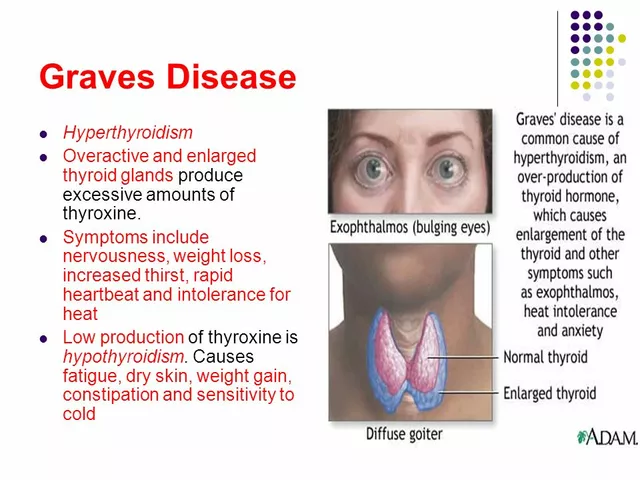Parkinson’s Disease and Antipsychotics: How Medications Can Worsen Motor Symptoms
January 21 2026Stress management: Practical steps you can use today
Feeling tense, distracted, or worn out? Stress sneaks into work, sleep, and relationships. The good news: small, repeatable habits cut stress fast and add up over time. Below are clear, no-nonsense actions you can try right now.
Quick daily habits
Start with one simple routine. Try 2–3 minutes of focused breathing three times a day. Breathe in for 4 counts, hold 1, breathe out for 6. That lowers heart rate and calms your thinking within minutes.
Move your body. A 10-minute walk, a short stretching session, or a few push-ups break the loop of anxious thoughts. Physical movement releases tension and improves sleep, which makes you more resilient to stress the next day.
Sleep matters more than you think. Aim for a consistent bedtime and wake time. Turn off screens 30–60 minutes before bed. If your mind races, write a quick “worry list” to unload thoughts and make them easier to handle tomorrow.
Watch what you eat and drink. Skipping meals, too much caffeine, or sugary snacks make stress feel worse. Balance meals with protein, healthy fats, and fiber to keep energy steady and mood more stable.
Set boundaries. Saying no to extra work, social plans, or tasks that drain you protects your time and energy. Practice short, polite phrases: “I can’t this week, but thanks for asking.”
Strategies for tough moments and longer-term coping
Use a five-minute reset: step outside, take three deep breaths, and focus on one object (a tree, the sky). Grounding slows anxious thinking faster than trying to reason your way out of it.
Try basic cognitive tools. Notice the thought that fuels your fear—ask: “Is this fact or a guess?” Challenging a single unhelpful thought can ease an entire afternoon of worry.
Mindfulness and short meditation apps help if you prefer guided practice. If apps aren’t your thing, practice awareness while doing chores: notice sensations, sounds, and smells rather than replaying worries.
Use social support. Saying how you feel to a trusted friend or family member reduces the load. You don’t need solutions—just being heard helps the brain recover.
When to talk to a pro: if stress affects daily tasks, sleep, appetite, or if you feel numb, hopeless, or overwhelmed for weeks, reach out to a doctor or therapist. Medication can help some people, but a professional can recommend the right option and safety checks.
Small changes beat big promises. Pick one habit from this page, try it for a week, and see the difference. If you want, come back and pick another—stress gets easier to manage one step at a time.
 10 Feb
10 Feb
Stress and Its Impact on Ischemia: Tips for Management
Stress plays a significant role in the development and severity of ischemia, a condition where the heart receives insufficient blood supply. This article delves into how stress affects ischemia and provides practical ways to manage stress. From lifestyle changes to effective coping strategies, learn how to protect your heart health. Understanding the link between stress and ischemia can help you take control of your well-being.
Read More...




